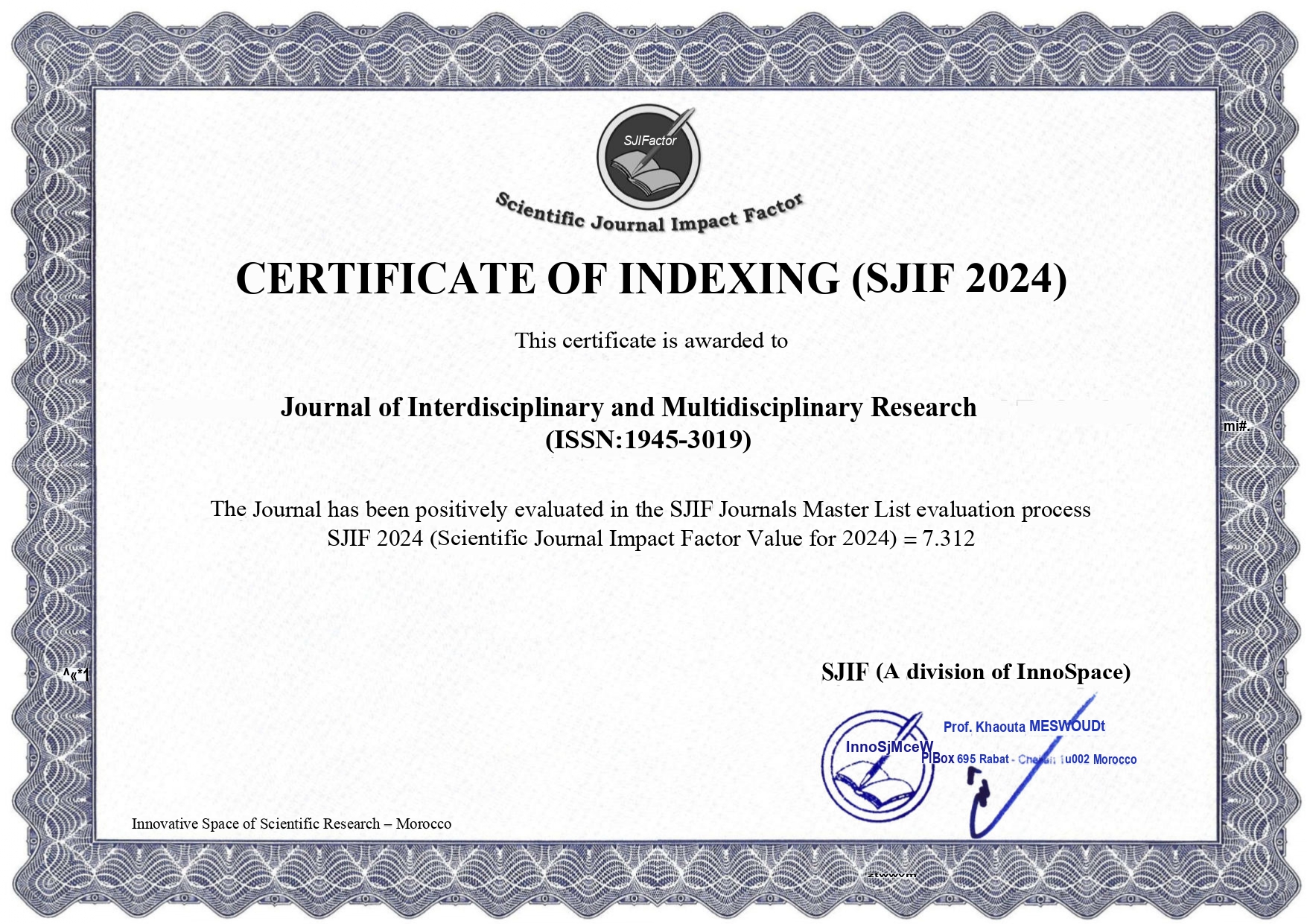Environmental and social impact of fashion: Towards an eco-friendly, ethical fashion
Keywords:
Sustainable Fashion, Fast Fashion, Environmental Impact, Supply ChainAbstract
The fashion industry is one of the largest industrial sectors in the world. The fashion supply chain is diverse and complex, spanning four or more tiers, including design, raw material harvesting, spinning, yarn production, dyeing, weaving, cutting, stitching and final garment construction. Fast fashion, which references apparel with short product life cycles, has emerged as a potent competitive force. Fast fashion brands introduce new styles at more frequent intervals, focusing less on durable quality, and more on low costs and up to the minute designs. One consequence of fast fashion has been an explosion in consumption accompanied by increased waste. Fast fashion leaves a pollution footprint, with each step of the clothing life cycle generating potential environmental and occupational hazards. Due to the large quantity of products manufactured, used, and disposed of, the textile and apparel industry has a big environmental impact in every phase of product life cycle. When we talk about environment it comprises of both natural as well as social environment and production process involves exploitation of both natural and social environment. Sustainable or ethical fashion is a response to the environmental and social devastation brought by conventional production techniques. This descriptive diagnostic paper aims to make consumers more aware of the physiological as well as physical needs that fashion fulfils, and to consider the entire life cycle impacts of clothing - from raw material to disposal.Published
2025-01-28
Issue
Section
Articles
How to Cite
Environmental and social impact of fashion: Towards an eco-friendly, ethical fashion. (2025). Journal of Interdisciplinary and Multidisciplinary Research, 9(9), 22-35. https://jimres.org/index.php/jimres/article/view/79






